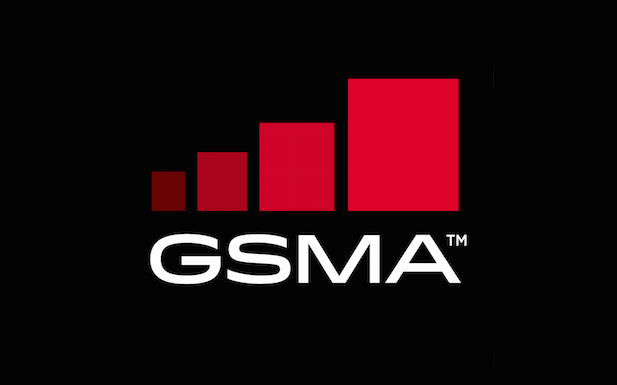The GSMA has waded into the ongoing row about the German spectrum auction, accusing authorities of potentially poisoning 5G network investment.
The intervention follows heavy criticism from German operators and the threat of legal action from Vodafone Germany over concerns about national roaming, sharing infrastructure and opening the market up to a fourth player who would benefit from spectrum and infrastructure investments.
In a statement yesterday that coincided with German regulator Bundesnetzagentur signing off on the auction, the GSMA said despite the release of the entirety of the 3.4-3.8GHz band for the auction, which it said would foster 5G development in Germany, other conditions of the auction would jeopardise the tech’s deployment.
Its main criticism centres on what it sees as lowering the bar for new entrants by allowing them to meet lower coverage requirements and tap into national roaming.
The GSMA raised the prospect of a new player targeting a few dense and lucrative urban areas with connectivity while using the infrastructure of its rivals in suburban or rural parts of Germany.
It said this would make it harder for operators to justify investing in poorly served areas and instead concentrate on cities.
It hit out at 98 percent population coverage delivering 100MBps and 10ms latency obligations for the 3.6GHz band, in addition to connecting transport routes. It said this fails to take into consideration the frequency’s inability to deliver wide area coverage and would mean the investment required would not be matched by the spectrum’s value.
Roaming and wholesale obligations for the 3.4-3.7GHz band would result in legal uncertainty and hinder investment, it claimed.
The reservation of 100MHz of the spectrum on sale, a quarter of the total being sold, for local use would also drive up costs and cap the radio frequency available for nationwide coverage, it said.
Mats Granryd, Director General, GSMA, said: “The mobile industry is essential to delivering on Germany’s vision for 5G leadership. We are alarmed that – despite real and substantial concerns raised by the mobile industry on the original proposals – the proposed terms make the situation worse by doubling down on unrealistic conditions that puts Germany’s 5G future at risk.
“Operators in Germany have invested billions in the country’s networks and have proven through history that they are committed to investing and providing innovative services. German consumers and businesses will be the ones to lose out from unreasonable obligations that make investment in 5G rollout uneconomical.”
Speaking yesterday, Jochen Homann, President of Bundesnetzagentur, said: “Our decision sets vital preconditions for the digital transformation of industry and society. Through the award of frequencies, we are creating planning and investment certainty, and contributing to a fast, needs-based rollout of the mobile radio network in Germany.”
Operators have until the end of January to formally apply to take part in the auction, which will take place in the spring.



